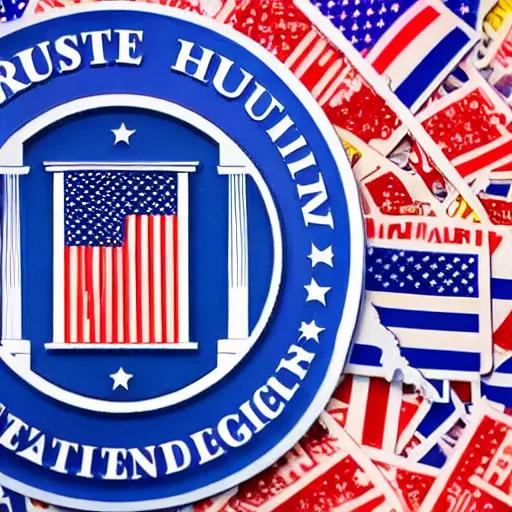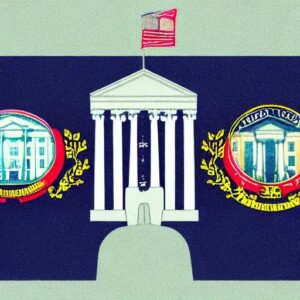President Joe Biden signed the Ensuring Responsible Development of Digital Assets Executive Order in March, directing the government to investigate cryptocurrencies.
Six months later, following research on the cryptocurrency industry, the White House on Friday released its first-ever comprehensive framework for the responsible development of digital assets, outlining findings and proposals from multiple departments.
The resulting report did not introduce any new legislation, but provided a clearer picture of how crypto regulations are handled in the United States.
Sections of the framework include “Consumer, Investor and Business Protection”, “Promoting Access to Safe and Affordable Financial Services”, “Promoting Financial Stability”, “Promoting Responsible Innovation”, “Strengthening Our Leadership and global financial competitiveness “,” Fighting Financing Illegality “and” Exploring a US Central Bank (CBDC) Digital Currency “.
The framework empowered regulators to continue coordinating efforts to enforce law in the industry and exchange information on consumer complaints. Examples of these regulators were the Securities and Exchange Commission (SEC) and the Commodity Futures Trading Commission (CFTC).
Through data sharing and analysis, the US Treasury Department will actively engage financial institutions in the detection and mitigation of cyber threats.
To ensure that cryptocurrency companies receive regulatory guidance, the Financial Department is also responsible for working with regulators.

Through international institutions such as the Financial Stability Board (FSB) and the Organization for Economic Co-operation and Development (OECD), the Treasury Department will extend this responsibility to US allies.
The Ministry of Finance is required to complete the assessment of the illicit financing risks associated with decentralized financing by the end of February 2023, and by the end of July 2023, the assessment of non fungible tokens according to the recommendations.
For bank secrecy law, rules against reviews, and laws against unlicensed money transfers to apply specifically to digital asset service providers – such as digital asset exchanges and Non-Fungible Tokens (NFTs) – Biden will have to make a decision and then possibly ask Congress what it thinks.
According to the fact sheet, there were ways to ensure that blockchain technology would support “a net-zero carbon economy and increased environmental justice.”
The document added that “the President will consider asking Congress to amend the Bank Secrecy Act, anti-tipping laws, and unlicensed money transfer laws to make them explicit to asset servicing providers including digital asset exchanges and non-fungible token (NFT) platforms”.
In a clear nod to Bitcoin’s proof-of-work model, the White House of science and technology policy earlier this month said cryptocurrency miners must reduce greenhouse gas emissions.
The report also mentions a “potential US CBDC” and lists several significant potential benefits for technology, economics, security and personal freedom.




